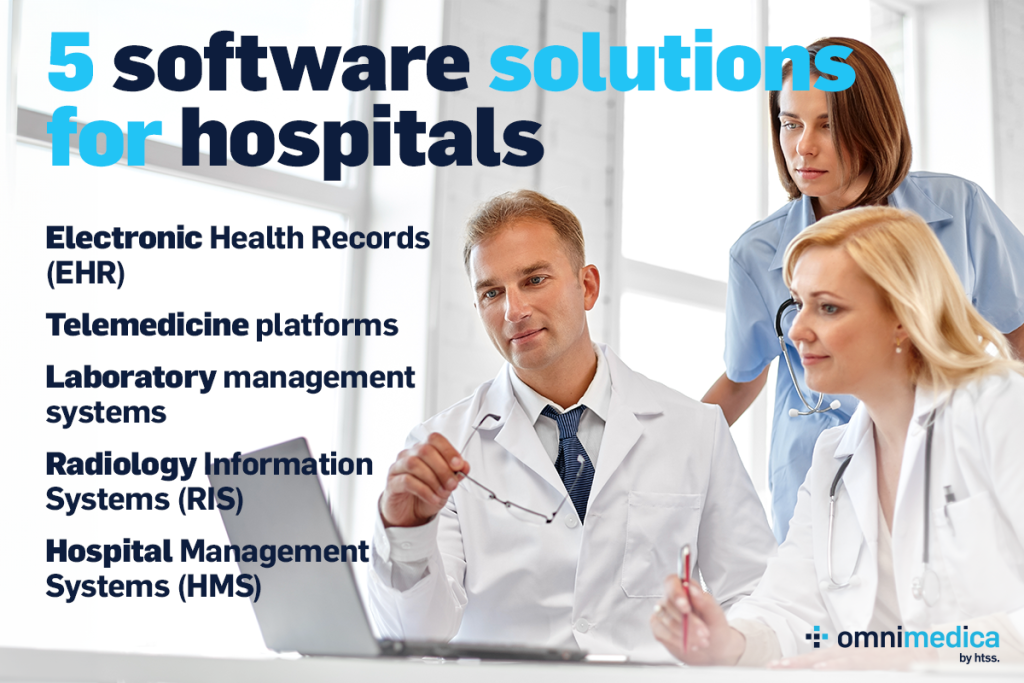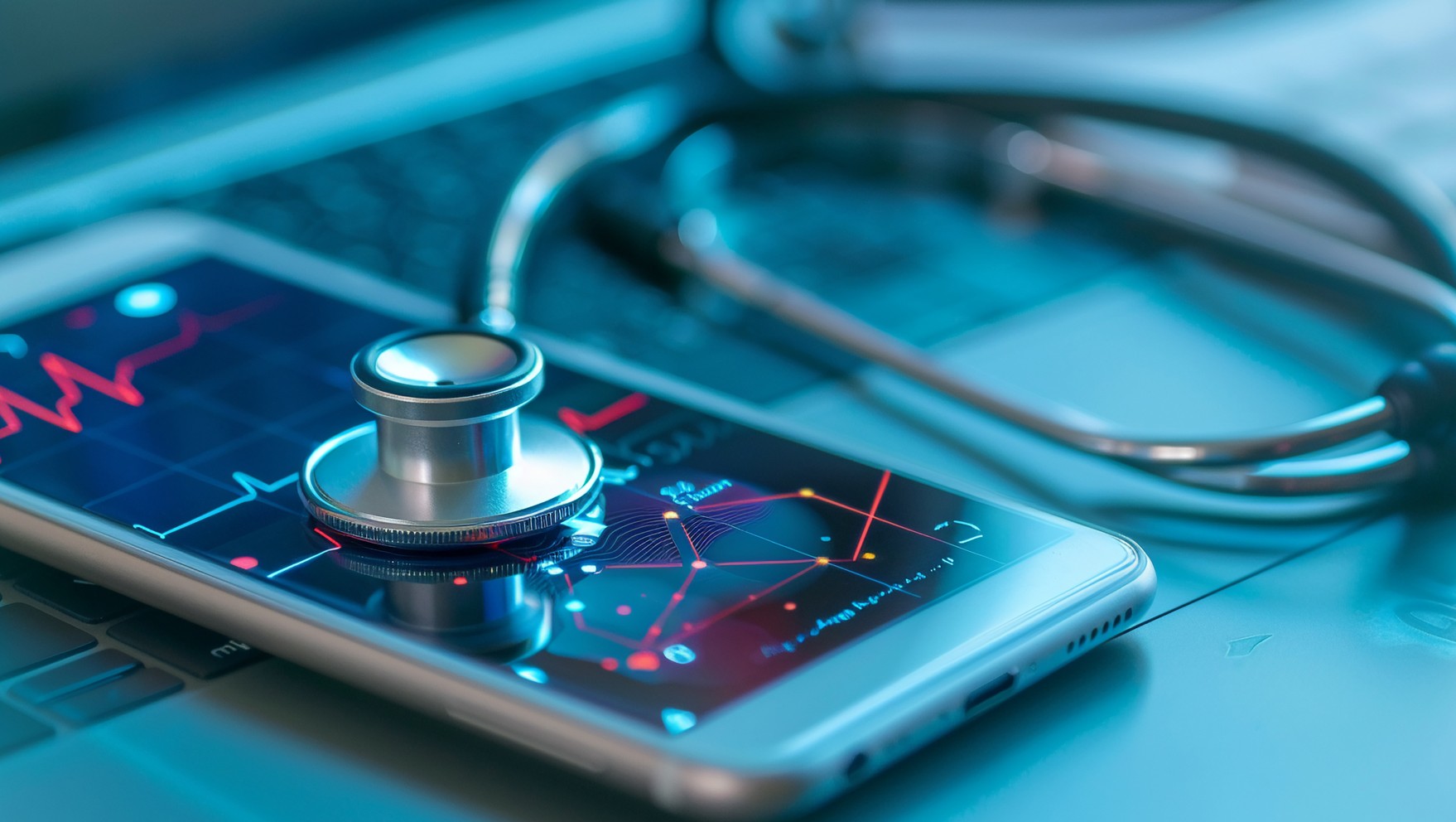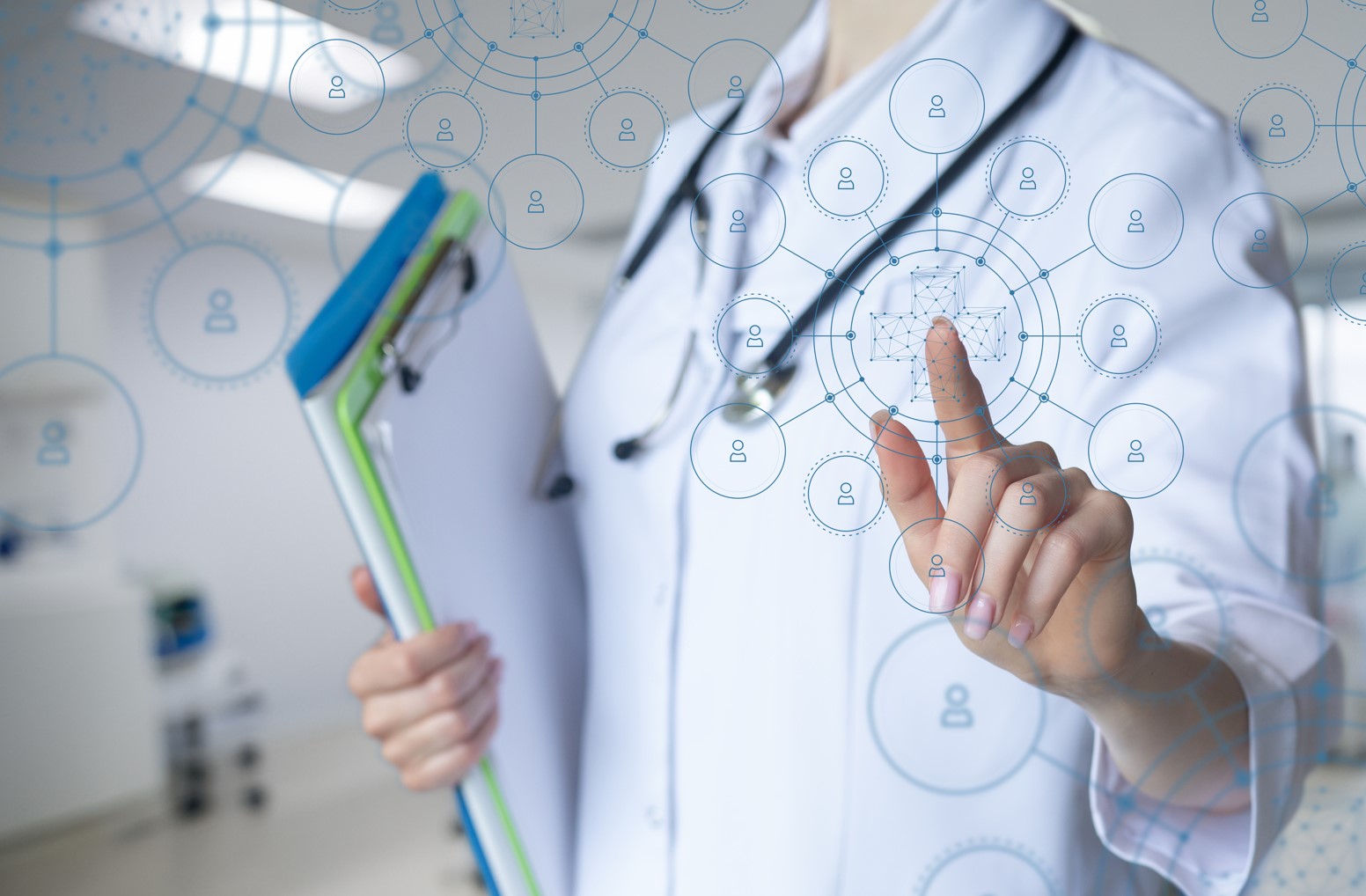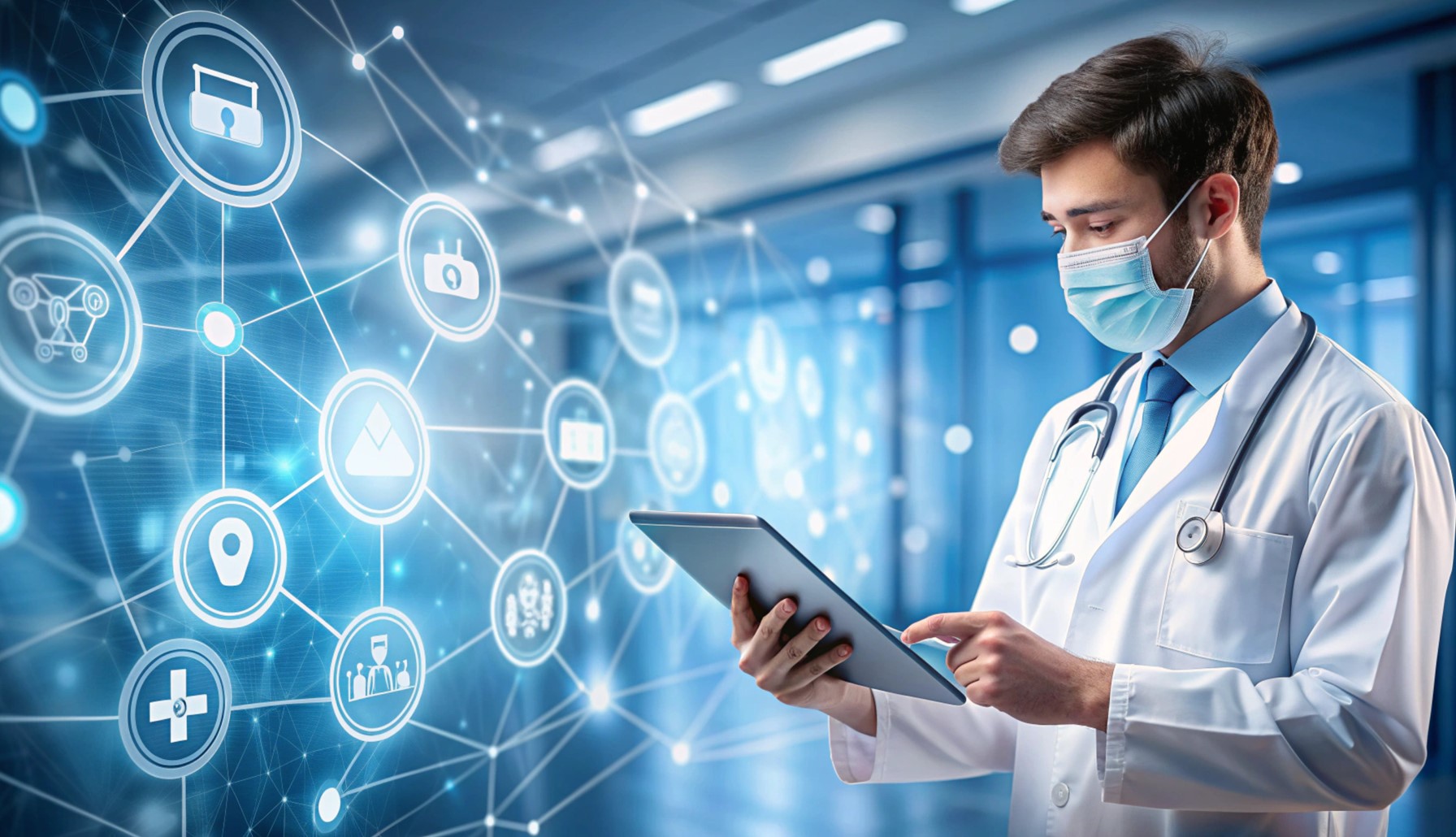In an ever digitalising medical landscape, the integration of technology into medical practice has become an essential tool for doctors and patients alike. Hospitals, clinics, and other healthcare facilities are increasingly relying on advanced software solutions to first and foremost improve operations, patient care and overall efficiency on how medical institutions function.

In this article, we will explore 5 software solutions that help transform the manner in which healthcare insititutions operate.
Electronic Health Records (EHRs)
Systems for electronic health records (EHRs) constitute the foundation for modern hospital operations. The medical histories of patients can be digitally recorded, stored, and retrieved thanks to these systems. Electronic Health Records (EHRs) improve diagnosis accuracy and treatment efficacy by centralizing patient data. They facilitate smoother care coordination by enhancing communication amongst healthcare professionals. They additionally render it simpler to retrieve patient data quickly, which is crucial in a time of crisis.
Telemedicine Platforms
Telemedicine platforms have changed the the manner in which healthcare is delivered, especially in remote and areas in which medical access is limited. However, telemdicine platform are not limited to these areas; they are quite popular even in areas that are served by healthcare institutions. These platforms enable doctors to consult with patients via video conferencing, eliminating the need for physical visits. This not only saves time and at time s money but also reduces the strain on hospital resources. Telemedicine is particularly beneficial for routine follow-ups and managing chronic diseases but is also incredibly beneficial for simple, periodic or non-frequent appointments. Patients can receive expert advice from the comfort of their homes, ensuring care without the hassle of travel or difficulties associated with visiting a traditional medical institution.
Laboratory Management Systems
Laboratory management systems are essential for managing laboratory operations. These systems manage sample tracking, test results and workflow management, ensuring laboratory processes run smoothly and efficiently. This software solution comes as an important aid for laboratory staff. Laboratory management systems improve the accuracy and reliability of laboratory results, which are essential for diagnosing and treating patients. By integrating these software solutions with other hospital systems, such as EHRs, hospitals can ensure that test results are easily accessible to healthcare providers, as well as transparency of patient medical records. This integration reduces turnaround time for lab tests, enabling faster diagnosis and treatment.
Radiology Information Systems (RIS)
Radiology Information Systems (RIS) are essential software programs used in radiology departments to control data and workflow. These technologies make it easier to manage patient data effectively and to schedule, monitor, and generate reports for radiological procedures. Radiological services are rendered more functional and efficient overall by RIS’s smooth integration with other hospital systems. Workflow management optimization is one of RIS’s main advantages. Radiological exam scheduling can be expedited with the use of RIS, which guarantees that patient wait times are kept to a minimum and that appointments are well-organized.
Hospital Management Systems (HMS)
Last but not least, Hospital Management Systems (HMS) streamline various administrative and clinical processes within a hospital. An efficient Hospital Management System provides valuable information by analyzing data. These systems cover a variety of workplace functions including patient registration, scheduling appointments, billing and inventory management. Health management systems greatly reduce the administrative burden on staff and allow them to focus more on patient care.
If you would like a comprehensive medical management solution, omnimedica is the correct choice for your medical clinic.




